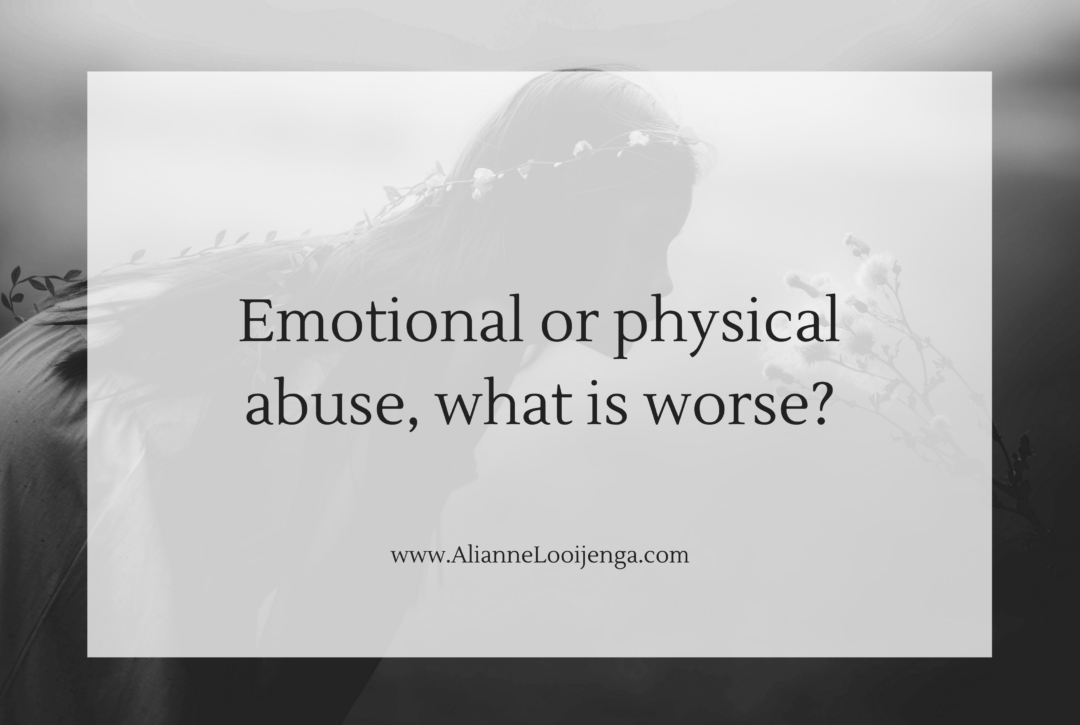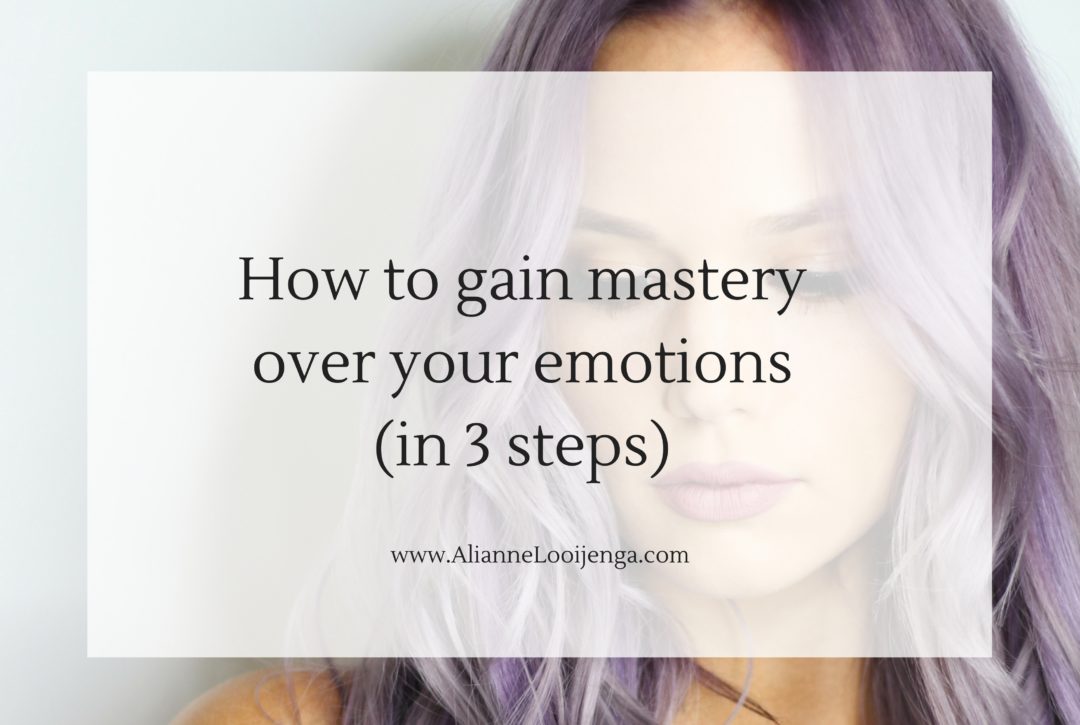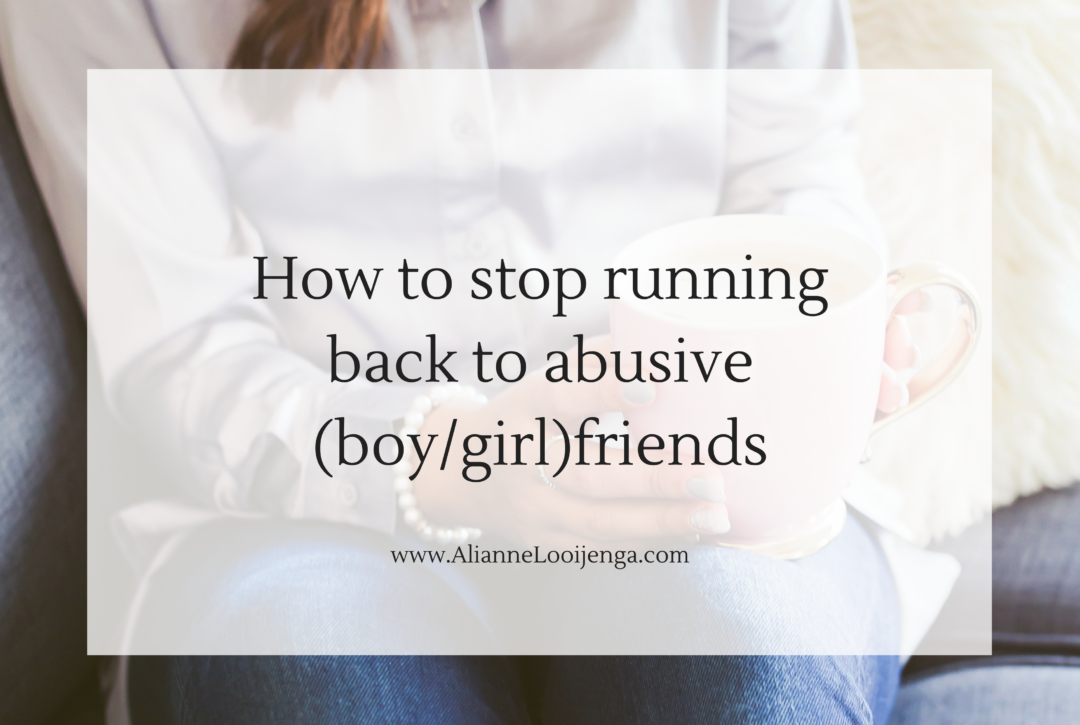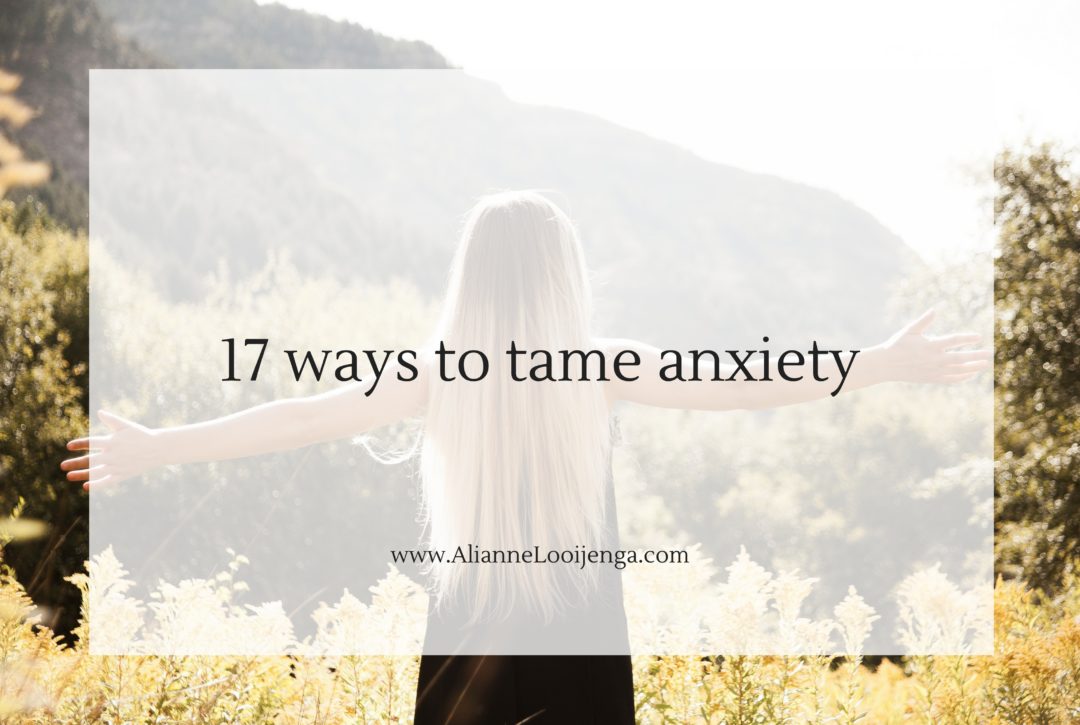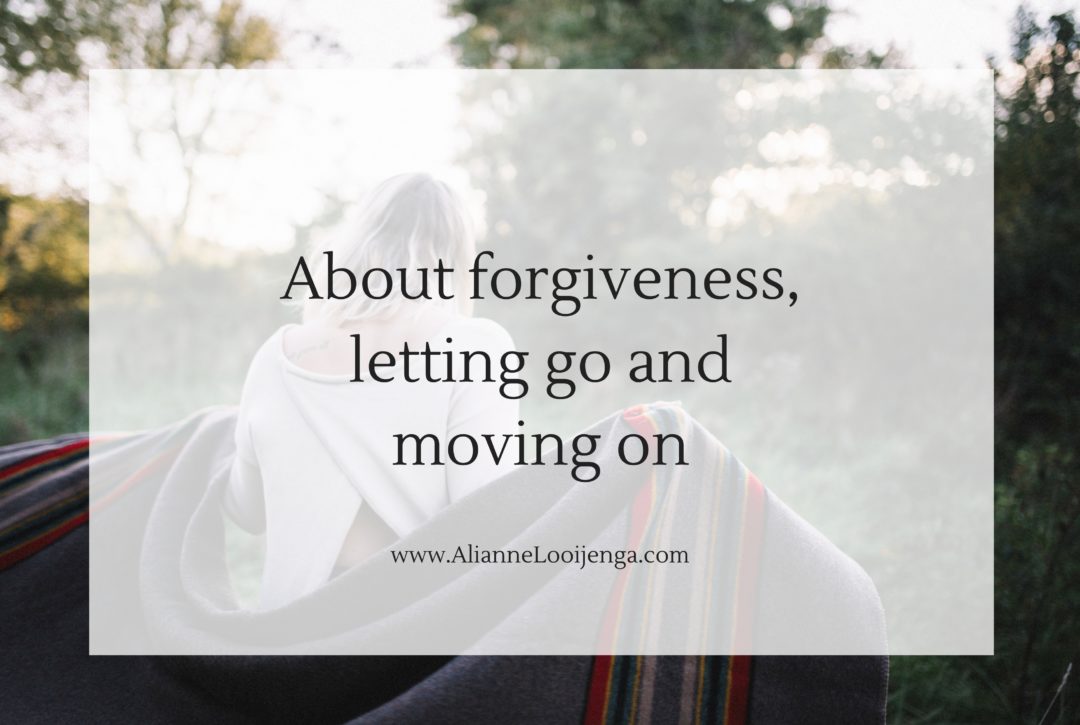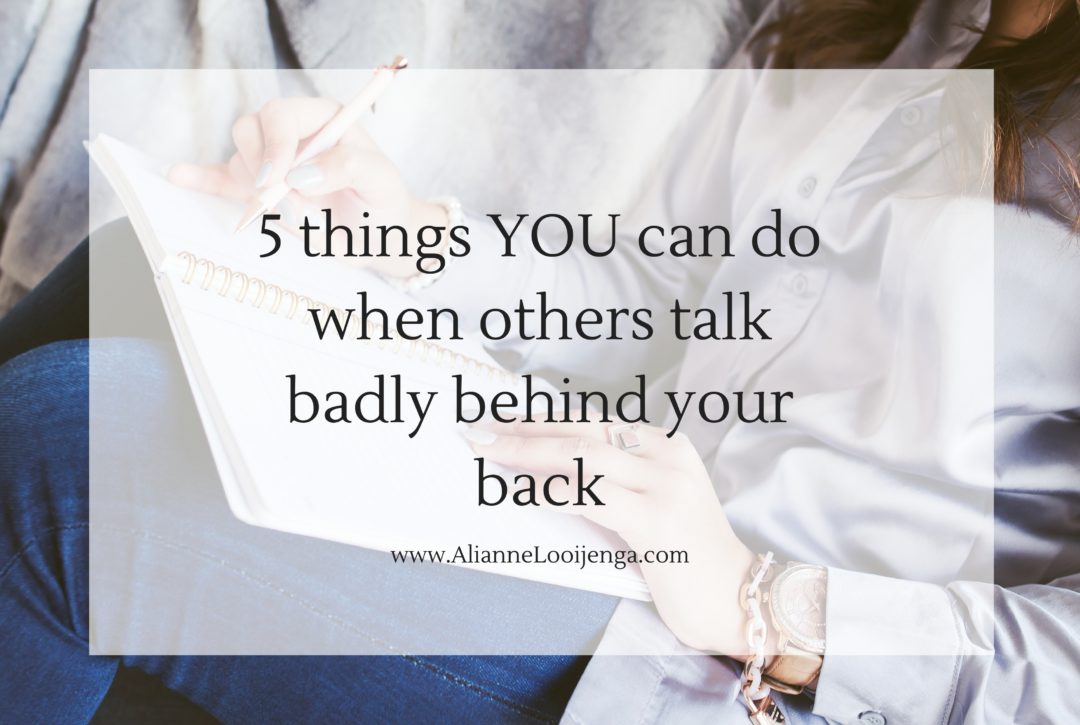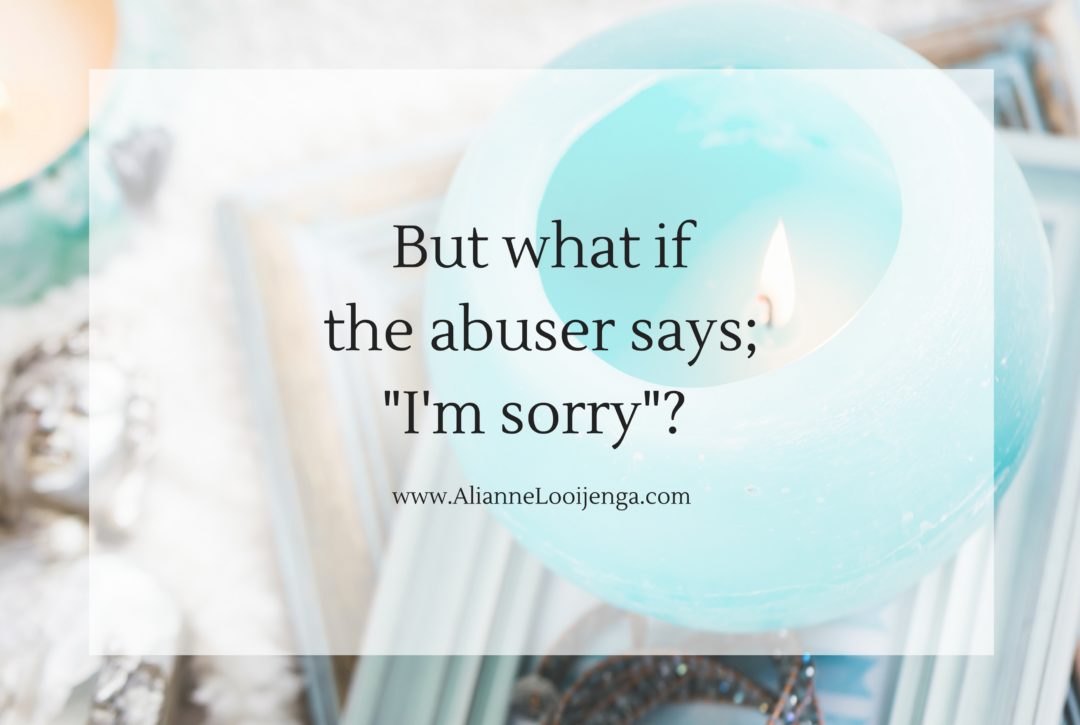When you leave a violent relationship there are a lot of things you will have to face and deal with. Your life feels filled with uncertainty. And your uncertainty is feeding your worst enemy. It is called; anxiety. Anxiety is the body’s natural response to danger and boy, did you experience enough danger whether on a physical and/or emotional level.
But anxiety is not totally bad. A little bit of anxiety can actually be useful. It can help you to stay focused and can function as a driver to solve problems that are in front of you.
But when anxiety becomes a burden or even overwhelming, when it stops you from doing things that would actually be good for you and when it interferes with your relationships, it means your anxiety isn’t functional anymore.
So what can we do?
Reset the brain
First we want to “reset”the brain. To make the anxiety go from a wild beast into a tame little kitten.
Anxiety throws you off balance. But it is important that especially when that happens it is crucial to find your center again. Most of the time when we feel anxiety we start spinning out of control. We become crazy busy and desperately seek for some solution. But you can’t find a solution in the storm. To let your brain find a solution you have to step out of the situation, calm yourself and your brain down and find the solution in your peace.
I’ve wrote some things down that you can do to find peace during turmoil.
First of all I would like to start with an exercise from the book: “Retraining the brain” by dr. Frank Lawlis. I want to start with this exercise because I believe it is necessary to find out where your anxiety is coming from.
Write down the beliefs that are causing your anxiety. Look beneath the surface. Dig deep. Now consider the following criteria (from dr. Frank Lawlis) to help you decide which beliefs are keepers and which need to be ditched.
1.) Is the belief absolutely true?
2.) Even if the belief might have some validity, does refusing to let it go best serve my spirit?
3.) Even if the belief might have some validity, does refusing to let it go best serve my emotional and psychical health?
4.) What possible payoff am I getting by holding on to this negative belief?
a.) Do I crave any form of attention – even negative attention?
b.) Does this belief give me an excuse not to succeed?
c.) Does focusing on this belief distract me from taking responsibility for my current situation?
5.) Can I name one way that I would feel better (psychically or emotionally) if I chose to let this belief go?
—–
I only want to add one thing at point 1, when you think a belief is true: How do you know that the belief is true? What do you say to yourself to justify the belief to yourself? It is important to become aware of that.
Breathe the anxiety away.
It sounds so simple. But if you check in with yourself during the day you might notice that your breathing pattern contains a lot of shallow short breaths. If you notice such a thing, you have to stop yourself from whatever you are doing and take slow breaths for a few minutes. Breath in and count slowly to seven. Breath out and again count slowly to seven. There is nothing that is more important for you at that moment than to just breathe slowly to seven and to breathe out slowly to seven. You will feel instantly better.
Say no.
If you feel constantly overwhelmed by work or obligation it is time to stand up for yourself. It is okay to say no. Your mental and physical health is more important than most obligations.
Demand time for yourself.
A quote from Tony Robbins is: “if you don’t have ten minutes for yourself, you don’t have a life” or something to that extend. And it is true. So make sure that you have at least 30 minutes a day when you can check in with yourself and take care of you. After that you can take care of the whole world again. So check out and relax…
Avoid blood sugar dips.
It is important to avoid blood sugar dips. When you forget to eat because of your busy schedule or binging netflix, you are allowing yourself to feel anxiety-like symptoms. This happens because your brain isn’t receiving enough glucose to function like it should. When you feel that your brain comes in overdrive to make sure that you eat something, making you crave for bad food. But the problem with a candybar or chips is that it will spin your bloodsugar to new heights which will spike up your insuline levels. End result: you will feel bad, tired, fatigued, because your bloodsugar will drop after that initial height. Causing you to… crave for unhealthy foods. So making sure you eat healthy food, will make you feel more energized, stabilizes your blood sugar and makes you less stressed.
Dance and sing.
I mentioned it before but hearing or playing music is very important. It doesn’t matter which music calms you down as long as you are choosing music that reduces your anxiety and nervous system arousal.
But you can also use music as a distraction tool, to keep your mind from worrying. Or ofcourse to dance on. Dancing and any other way to keep your body moving has the very pleasant benefit of reducing your anxiety levels :-))
Keep calm and celebrate.
Then two tips that are more obvious but are easily overlooked:
Don’t sweat he small stuff and celebrate the good in each day.
Keep a diary of things that went well, the beauty you have seen that day. Let go of your inner critic, let go of all the things you say to yourself about things that didn’t went well. Were they really that important?
Stop giving power away.
Find ways to take the power of worrying away. Me for example, can laugh about many of the things that happened in my life. I find the outrageousness in the situation, acknowledge it, and laugh about it.
For example:
last week (remember that I wrote this blog earlier for lifesurfer.net so this isn’t a current situation) I received an forwarded email from one of my uncles. It wasn’t send directly to me, but via a close familymember.
As you may remember from earlier posts; I haven’t heard from my family since I told them that I was being sexually abused as a child. Only to find out that all of them knew. Except for one nephew who did reply to my “coming outmail”, and after he said he would let it sink in, and reply after the judge would rule, I never heard from him either.
My uncle who contacted me via the close familymember didn’t mention anything about this ofcourse. No, he asked the close familymember to ask me if I could delete the word Hole in a previous blogpost.
He wrote something to this extend:
I have a very urgent request. I don’t know if you can do something with it but I’ll ask anyway. Now I started a business, people start searching for me and and my business by googling my name. When I googled my own name I was shocked to find the website of Alianne where you’ll find this http://lifesurfer.net/love-my-detour/
The search result has something to do with the combination of the words ‘hole’ and our site. On her site is a text about sexual abuse by an uncle.
I have no interest that this stays on the website the way that it is. I have nothing to do with this and I don’t want to be associated with this whatsoever.It is a small effort for Alianne to remove the word “hole” so that I (note from me: ofcouse he meant: she) will no longer be visible in the search results.
When my clients make a connection (which of course there is not) it can have an adversely affect to my business because they can think that I’m that uncle. There aren’t so many Looijenga’s out there.
Do you want to send this request ASAP to Alianne? You can also forward this mail. If you don’t want to do this, I will ask her directly. But because there is no contact anymore I prefer it by doing this through you.
——
At first I was very angry (feel free to hear it the way Richard Gere was saying this in Pretty Woman :p, if you don’t remember: https://youtu.be/tELpCUzjel4?t=47s) and I cried a few tears. I even called that familymember to ask her what she was thinking by forwarding this request.
Angriness is a healthy reaction as long as you don’t hold on to it (borrowed this sentence from Emilie). So within half an hour I realized the absurdity, the audacity, the nerve and the madness to even think my uncle can ask this or can even demand in this situation. He lost the right to ask me anything when he knew I was being abused but did nothing about it (with all the consequences that had for me) and when I had the courage to tell my family about it he dropped me like a hot potato, just like the rest of my family. He doesn’t have any excuse for this behavior except for his own self-interest. Even if he was the only Looijenga in this country, even then it would show a gigantic narcissistic arrogance to have the audacity to ask me to do something for him 🙂
And I started to laugh. And that broke the anger and released a transforming energy that only anger, the comical and cosmical has. It gave me the power to create a part for this blog and another blog that’s coming up soon. Just stay tuned.
To return to the subject: instead of letting anxiety get the hold of me, which could easily happen, and changing one word in an old blogpost so I wouldn’t be visible on page 3 of his googleresults, ignoring all the 400+ Looijenga’s out there and to never to use the word hole again, I laughed about it and reduced the impact to a story that until it vanishes will give enough chuckles and gasps in my motivational speeches. I took the power and thus the worry away.
Meditate.
Ofcourse you didn’t expect this one, did you ;P. Yes, meditation is very important to rewire your brain. That’s why I start with meditation in the morning (good intention) and end the day with meditation in the evening .To celebrate the wins that happened that day and to prepare for the new day. I put on some relaxing music, think of all the things I am grateful for, decide what I want to accomplish the next day and let it all go.
Meditation will restore your brain pattern to normal and will retrain your brain to deal with anxiety differently.
Practice, practice practise.
If you haven’t properly taken care of yourself for a long time it takes some time to reset your brain. No magic overnight here, babe. But if you practice you will eventually learn your brain that a new era has come. A time where she has to start acting differently.
Accept that you don’t have control anyway.
This is probably the most difficult one. Accepting that life and life’s experiences are not in your control. The knowing that what happens a moment from now, is unknown.
Conclusion:
There are a lot of things you can do to calm down your anxiety, these are just a few that helped me. Do you have tips for other survivors about how to tame that inner beast?
